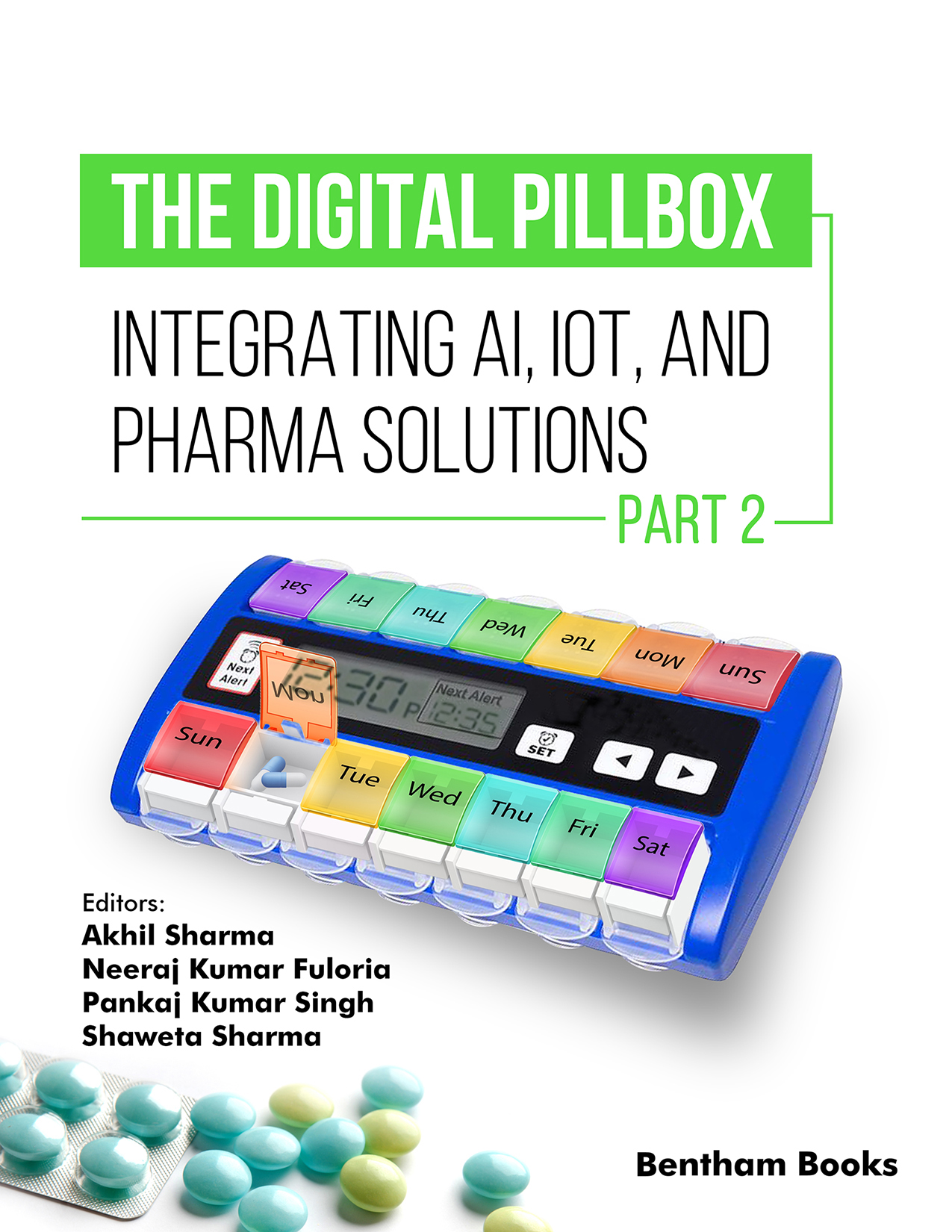Introduction
Building on the foundations of Part 1, this volume explores advanced integrations of AI, IoT, and data-driven systems in pharmaceutical logistics, drug lifecycle management, clinical trials, and personalized therapeutics. It emphasizes the emergence of connected ecosystems where devices, data, and decisions interact seamlessly to enhance drug delivery, traceability, and compliance.
Chapters cover critical topics such as digital drug development, AI-enabled pharmacovigilance, remote patient monitoring, blockchain-secured supply chains, and ethical frameworks for digital pharma solutions. The book also addresses the challenges of interoperability, cybersecurity, and adapting to global healthcare standards.
Key Features:
- - Analyze advanced applications of AI and IoT across the pharmaceutical value chain
- - Examine digital transformation in clinical trials, drug tracking, and e-prescriptions
- - Present case studies on AI-driven decision support and blockchain in pharma logistics
- - Discuss regulatory compliance, cybersecurity, and ethical considerations
- - Explore future trends in connected healthcare and smart medication ecosystems
Readership:
This volume supports informed, tech-forward strategies for shaping the future of intelligent and secure pharmaceutical care for pharmaceutical professionals, healthcare technologists, clinical researchers, and digital health innovators.

